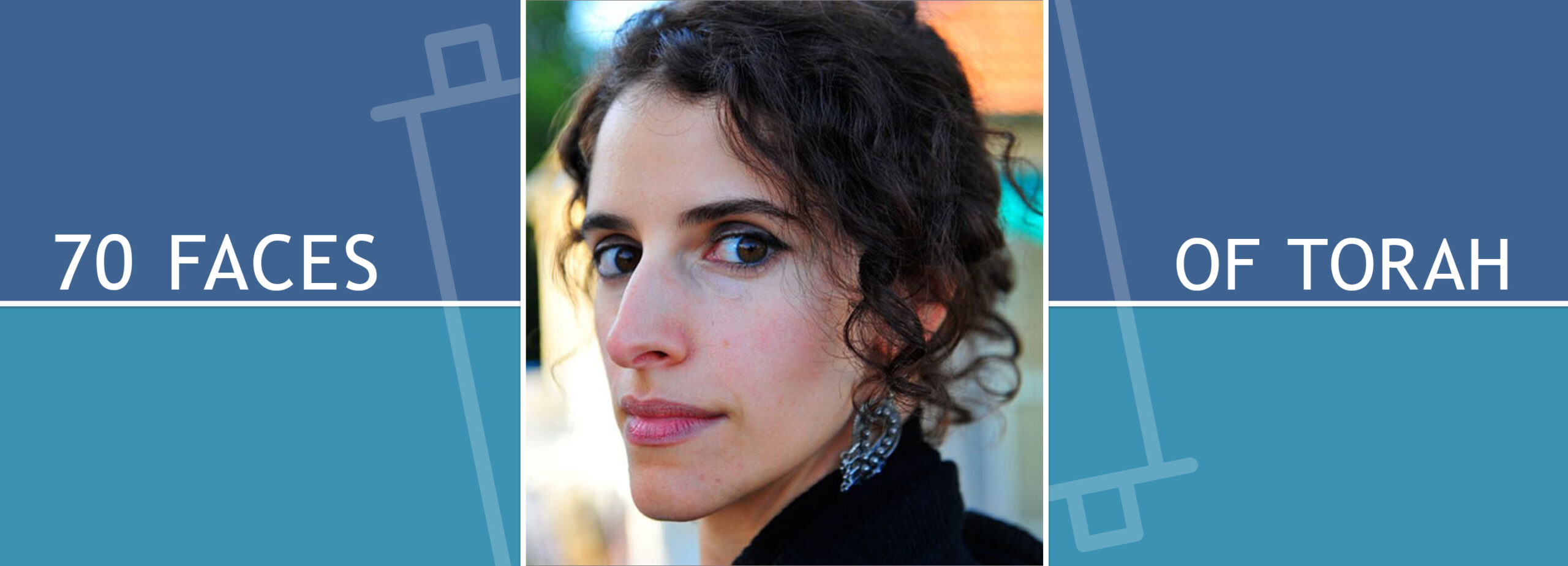Exodus Thunder and Silence

Parashat Yitro (Exodus 18:1 – 20:23)
בשעה שנתן הקב’ה את התורה
It was the hour of revelation on Mount Sinai. We were all there. We stood trembling as the mountain shook, as thunder ripped through the core of the earth.
And we heard a voice. THE VOICE. It Called to us. In 10 utterances. We heard something indescribable, earth-shattering. And we spent the next thousands of years clambering to find our way back to what we heard on that mountain.
They say that somewhere deep down we share a collective memory of that night at Sinai. The smell of the smoke and fog. The wind against our faces. What I remember is the quality of sound. The shofar wailing. The thunder rumbling. The way sound feels different at high altitudes. I remember senses expanding. We saw the voices. רואים את הקולות. We heard the lightning.
But that Voice! Our ancestors spun stories, sang songs about it. If we incline our ear, perhaps we will catch a reverberation.
בשעה שנתן הקב’ה את התורה
In the hour of revelation, the Holy Blessed One Conjured פלאי פלאים wonders upon wonders—“What kind of wonders,” you might ask?
God uttered, and the sound vibrated from one end of the earth to the other. Like a geophysical tuning fork. This was the beginning of the earth’s hum. People all around the world stopped in their tracks—what is that sound?
Meanwhile Israel stood at the foot of the mountain, the sonic epi-center, and we started to vibrate, to resonate with, to absorb the sound. Each follicle in our ears stood at attention, reaching for more.
השמיעיני את קולך כי קולך ערב
Let me hear your voice, for your voice is sweet (Song of Songs, 2:14)
“My ears have not yet drunk a hundred words of that tongue’s utterance, yet I know the sound!” (Romeo and Juliet, Act II, scene ii)
We were drunk on God’s rumbling. And the voice, sensing our infirmity, began to play hide and seek.
All went quiet on the mountain. Then the voice emerged at the southernmost tip of the world. What did we do? We ran. South. A million + of us. Huffing and puffing, falling over each other. When we reached the South . . . the voice . . . was gone.
We ran all that way. Silence.
The voice reemerges miraculously from the North. The song, the hum. We run!
רצים רצים רוצים כל כך לקבל את הקול, את כל התורה ב–צ–פ–ו–ן!
The sound of pounding feet, the stampede, we lost track. The voice, once again, was gone.
We ran to the East. Gone.
The West. Gone.
How hard must we run?
It’s in the sky, we climbed up; in the ground, we dug deep.
Silence.
WHERE ARE YOU?
We stop running. We try listening.
Mizrakh Du
Mayrev Du
Tzafon Du
Darem Du
Mayle Du
Mata Du
Jessica Kate Meyer serves as rabbi-chazzan at The Kitchen in San Francisco. Formerly, she was rabbi at Romemu in New York City. Ordained by the Hebrew College Rabbinical School in 2014, she is an alumna of the Wexner Graduate Fellowship.

